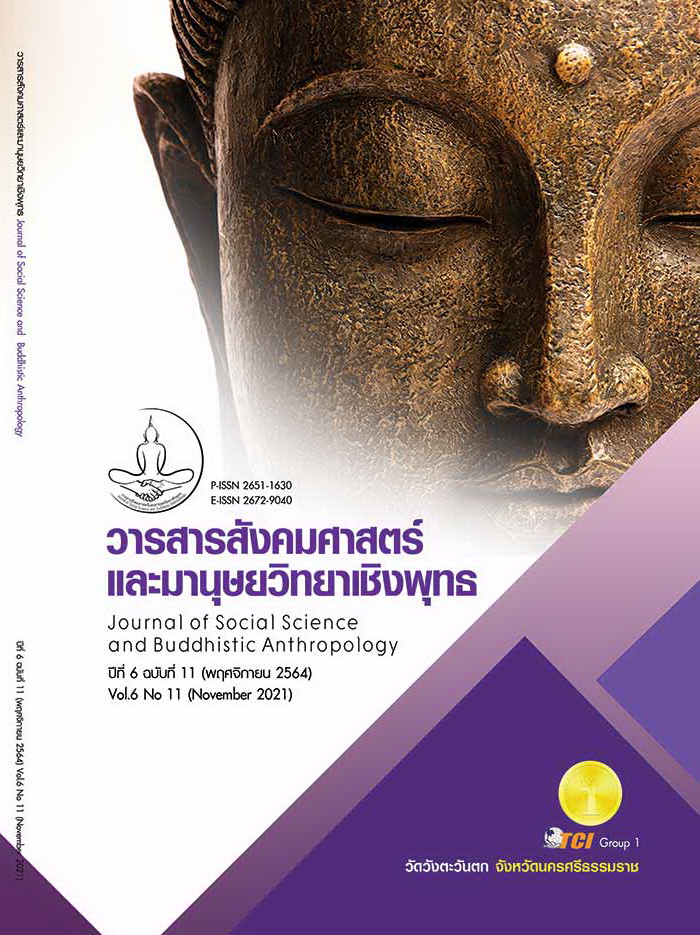Aligning Thai education to labor market needs for the new economy : a framework proposal
Abstract
The objectives of this study are to 1) study how alignment of education to labor market needs for the new economy of successful countries or regions should look like, 2) study how the framework alignment of Thai education to labor market needs for the new economy should it be, and 3) formulate recommendations for the implementation of future phases to align Thai education to labor market needs for the new economy. The process of aligning Thai education to labor market needs for the new economy should be divided into three phases: 1) Establishing a systematic model for aligning Thai education to labor market needs for the new economy, 2) Assessment of future skills needs and the framework of national education and curriculum according to labor market trends, and identifying future labor market occupational standards, and 3) Evaluation and making recommendations to improve the model to dynamically align with the change in accordance with the labor market for the new economy. Considering the situation of education and production of manpower in Thailand that is still inconsistent with Thailand's future development expectations to drive Thailand over the middle-income trap and level up Thailand to the early developed countries among the Asian countries. Thus, it is necessary to Aligning Thai education to labor market needs for the new economy. The focus of this study is on Phase 1, which is the process of synthesizing research and case studies, and establish systematic modeling to aligning Thai education to labor market needs for the new economy along with making policy recommendations









